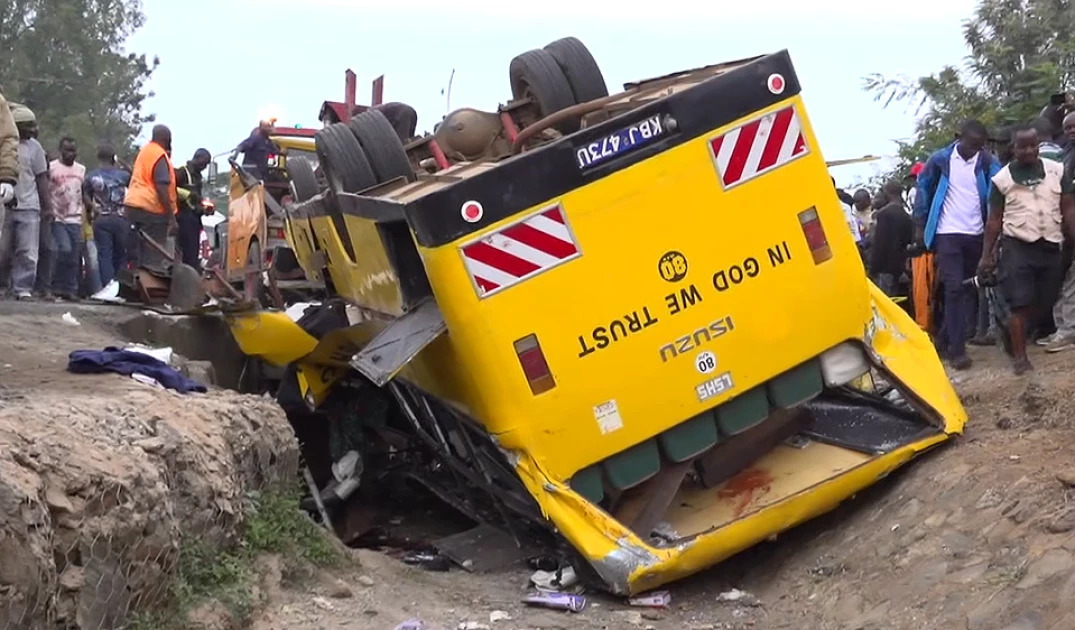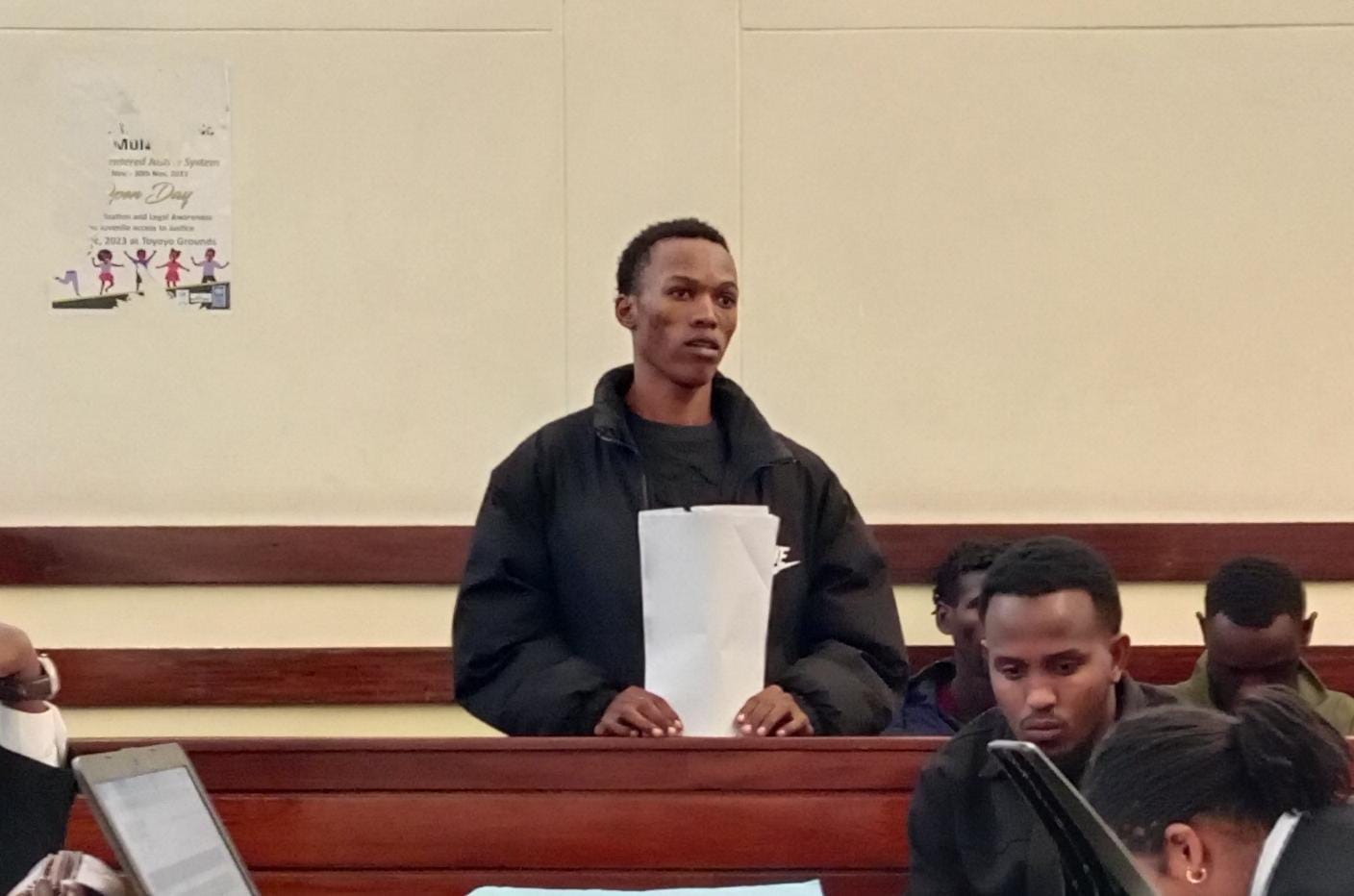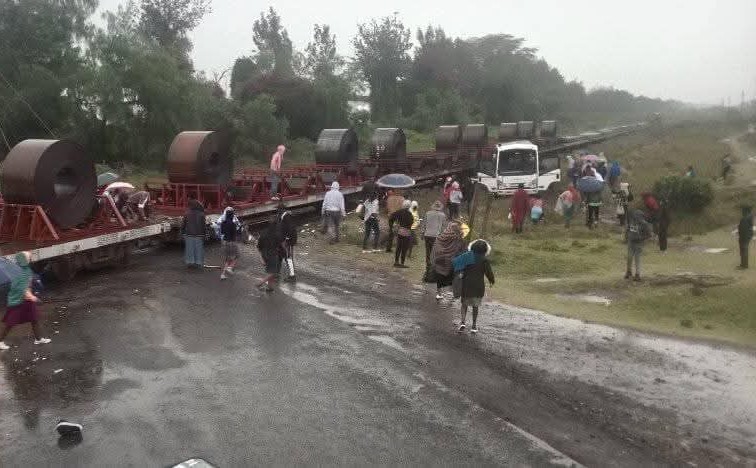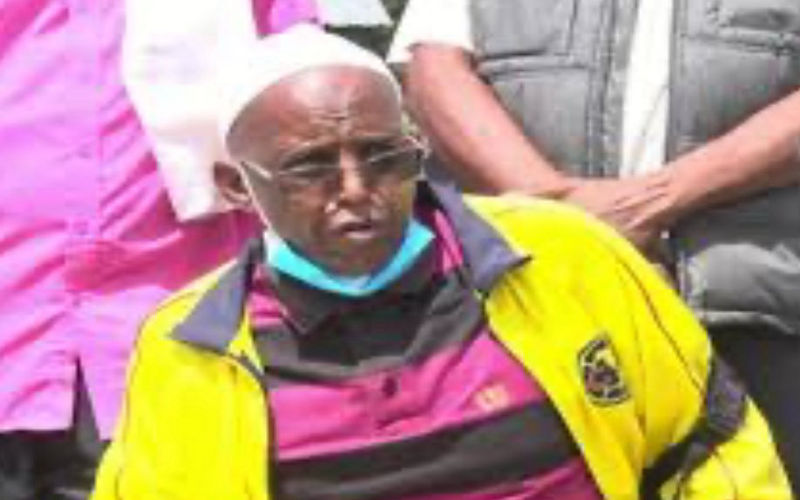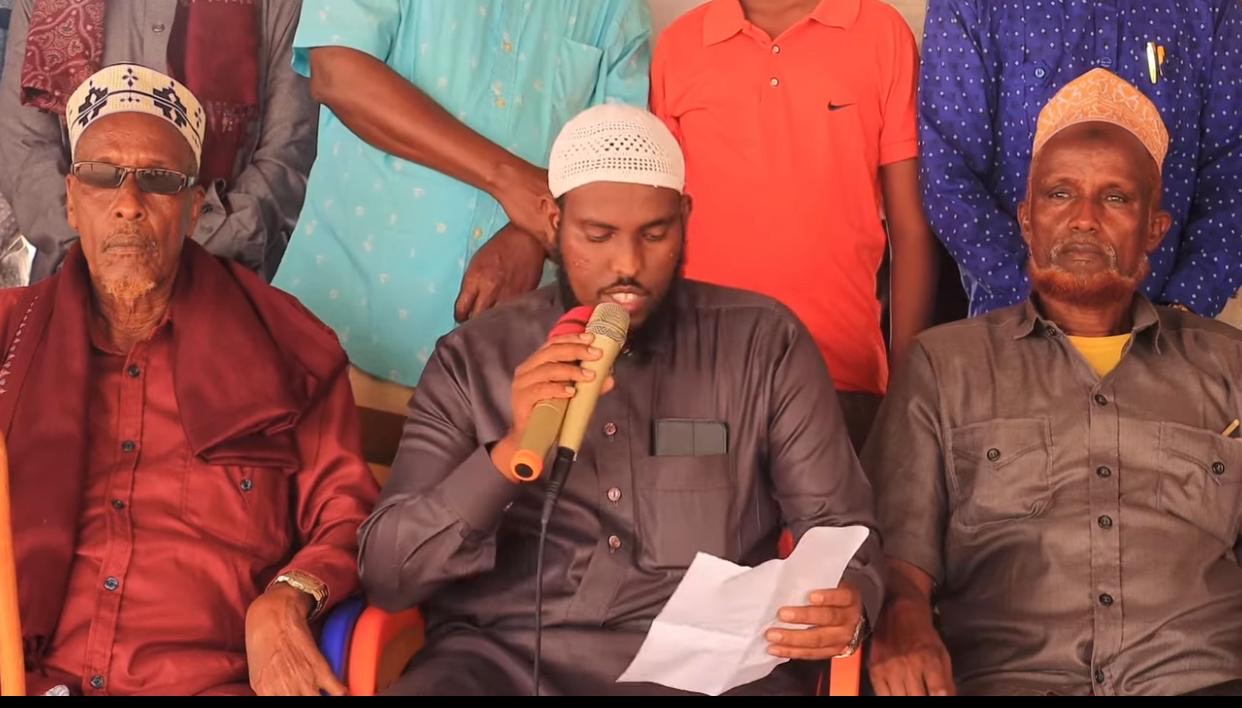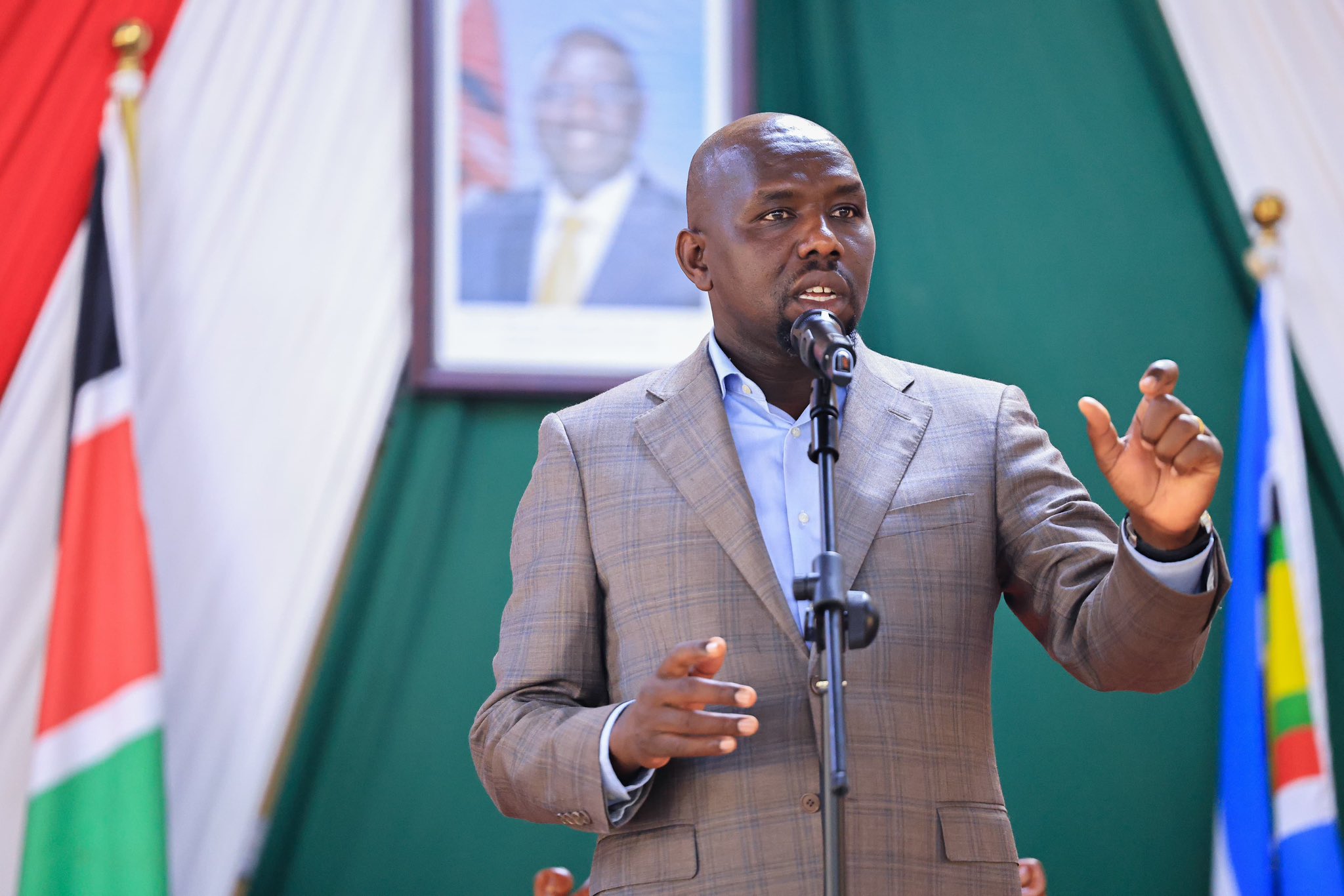Port Sudan rocked by drone strikes in major escalation of Sudan war
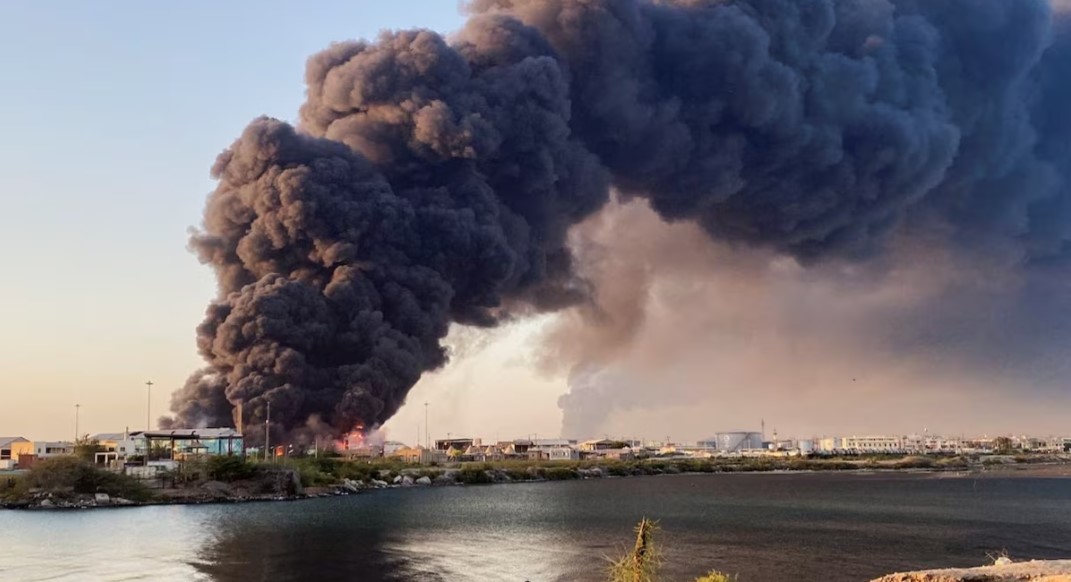
Inside Port Sudan, the attack on the electricity substation led to a power outage across the city while army units deployed around public buildings, the witness said.
Explosions and fires rocked Sudan's wartime capital, Port Sudan, on Tuesday, a witness said, part of a days-long drone assault that has torched the country's biggest fuel depots and damaged its main gateway for humanitarian aid.
The action included drone strikes by Sudan's paramilitary Rapid Support Forces (RSF) that targeted Port Sudan's container terminal, British maritime security firm Ambrey reported.
More To Read
- Sudan: El-Fasher faces famine as supplies cut off, UN says
- UAE bars Sudanese aircraft from landing at its airports
- Sudanese air force destroys UAE plane carrying Colombian mercenaries: Sudan TV
- Sudan charges RSF Commander Hemedti, brother with genocide, murder of Darfur Governor
- Sudan claims UAE recruiting mercenaries from Colombia, Africa to aid RSF
- Sudan’s rebel force has declared a parallel government: What this means for the war
The strikes were the most intense since the Port Sudan attack began on Sunday, marking a major escalation in the two-year-old conflict.
Drones have played an increasing role in the fighting and helped the army advance earlier this year.
Massive columns of black smoke billowed from Sudan's main strategic fuel caches near the port and airport on Tuesday, a witness in the city said, while strikes also hit an electricity substation and a hotel near the presidential residence.
The destruction of fuel facilities and damage to the airport and port risked intensifying Sudan's humanitarian crisis, which the UN calls the world's worst, by throttling aid deliveries by road and hitting power output and cooking gas supplies.
Port Sudan had enjoyed relative calm since the civil war between the army and the RSF suddenly erupted in April 2023.
The Red Sea city became the base for the army-aligned government after the RSF swept through much of the capital, Khartoum, at the start of the conflict.
Hundreds of thousands of displaced people have also sought refuge in the city, where UN officials, diplomats and agencies have also set up headquarters, making it the main base for aid operations.
Inside Port Sudan, the attack on the electricity substation led to a power outage across the city while army units deployed around public buildings, the witness said.
Momentum in the conflict has repeatedly swung back and forth, but neither side has looked likely to win outright.
Army's main stronghold
The drone strikes on Port Sudan opened a new front, targeting the army's main stronghold in eastern Sudan after it drove the RSF back westwards across much of central Sudan, including Khartoum, in March.
Military sources have blamed the paramilitary RSF for the attacks on Port Sudan since Sunday.
In a statement late Tuesday, the RSF did not address the drone attacks on Port Sudan. But the force repeated its assertion that the army is supported by Iran and accused it of targeting civilian infrastructure and state institutions in a bid to maintain a grip on power.
The RSF said military strikes on areas like Khartoum, Darfur and Kordofan were war crimes.
"The RSF will never allow this to continue," the group said.
The Port Sudan attacks came after a military source said the army had destroyed an aircraft and weapons depots at the RSF-controlled Nyala airport in Darfur, the main stronghold of the paramilitary group.
Sudan's conflict has drawn regional powers seeking to build influence in a country strategically positioned along much of the Red Sea coast and with borders opening onto North, Central, and Horn of Africa countries.
The attacks on Port Sudan have drawn condemnation from neighbouring Egypt and Saudi Arabia, as well as expressions of concern from the United Nations.
Sudan's army-aligned government has accused the United Arab Emirates of backing the RSF, accusations that UN experts have found credible and continue to investigate. The UAE has denied backing the RSF, and the International Court of Justice on Monday said it could not rule in a case in which the government accused the UAE of fuelling genocide.
The war, triggered by a dispute over a transition to civilian rule, has displaced over 12 million people and pushed half the population into acute hunger, according to the United Nations.
As the army pushed the RSF out of most of central Sudan, the paramilitary group has made gains in western and southern areas, while shifting tactics from ground incursions to drone attacks on power stations and other facilities in army-controlled territory.
The army has continued air strikes in the RSF's Darfur stronghold. The two forces have been fighting for control of al-Fashir, the capital of North Darfur state, and elsewhere as the battle lines in the war harden into distinct zones of control.
Top Stories Today
- 21 people dead after school bus ferrying mourners rolls in Kisumu
- Bride price capped at Sh60,000 as Wajir elders slash wedding costs to ease burden on youth
- Ruto revokes Mary Wambui's appointment as CA board chair, names Karondo as replacement
- Governor Kihika forms task force to probe child sex trade in Mai Mahiu
- M23 rejects UN report linking group to civilian massacres in eastern DRC
- Kenya pushes for strict pesticide ban across COMESA bloc
